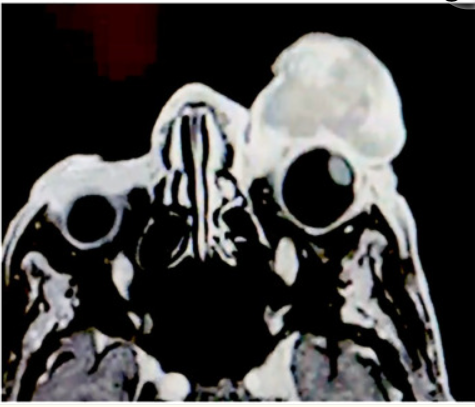
A study published in Chinese Medical Journal aimed to assess receptor-interacting protein kinase 3 (RIPK3) inhibition in acute glaucoma using artificial intelligence (AI) to advance drug discovery.
Retinal ganglion cell (RGC) death caused by acute ocular hypertension is a major characteristic of acute glaucoma, and RIPK3, which mediates necroptosis, is a potential therapeutic target for RGC death.
The researchers used an acute hypertension model to simulate pathologic ocular hypertension in vivo. They employed a series of AI methods, including large language models and graph neural networks, to identify target compounds of RIPK3. The target candidates were then subsequently validated using molecular simulations in vitro and in vivo.
With the application of AI analysis, the team identified HG9-91-01, dabrafenib, AZD5423, GSK840, and HS-1371 as the most potent small-molecule compounds that can effectively target RIPK3. The compound HG9-91-01 exerted the most neuroprotective effect and showed a higher cell survival rate compared with the other candidates.
HG0-91-01 was also found to protect the retinal structure and reduce the loss of retinal layers; the compound’s neuroprotective effects were highly correlated with apoptosis, pyroptosis, and necroptosis inhibition, indicating that the neuroprotective effect exerted in the retina is related to protein expression inhibition.
“The combination of AI algorithms and traditional drug screening in the pharmaceutical industry has enabled the shift of drug discovery pipeline from trial-and-error-based or hypothesis-driven approaches to more rational, data-driven approaches,” the researchers noted.
This AI hypothesis-driven approach allowed for the discovery of HG9-91-01, which could serve as a potential treatment for acute glaucoma.
Source







 © 2025 Mashup Media, LLC, a Formedics Property. All Rights Reserved.
© 2025 Mashup Media, LLC, a Formedics Property. All Rights Reserved.